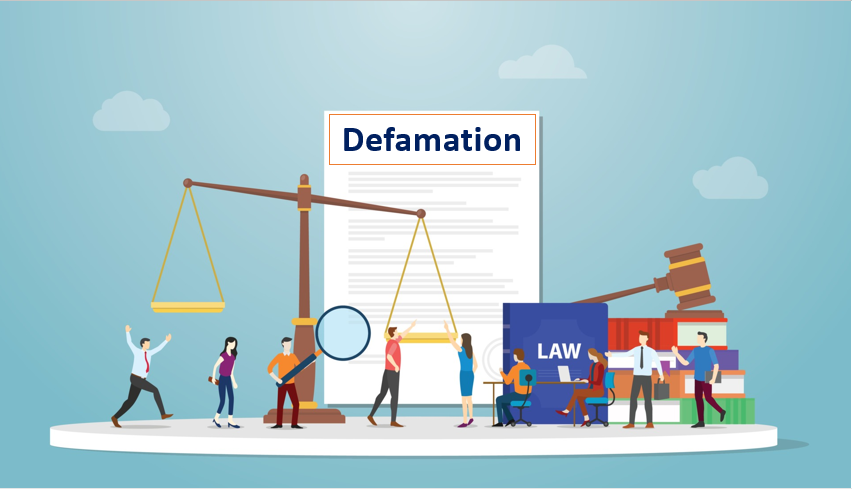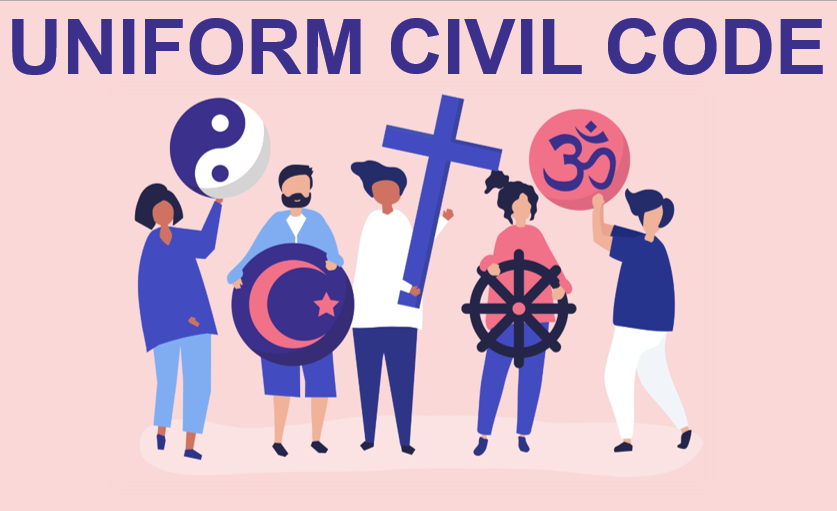Published On: 5th May 2025
Authored By: Saanya Vashishtha & Shreya Tiwari
The King Edward was to be crowned as the King of England with lavish celebrations in place, and bookings were being made across London in a flurry to witness the celebrations for the coronation. However, due to ill health, the coronation of the King was cancelled considering his ill health. However, a rather unexpected outcome of this event was a barrage of cases being filed related to cancellations of bookings considering the coronation was now not taking place.
Frustration of object or frustration of purpose was first stated by Bramwell B in the case of Jackson v Union Marine Insurance[1] wherein a ship was hired as a charter to deliver the cargo of iron nails to San Francisco. However, the ship ran aground on the second day it sailed, and the time in transportation and repairing took more than six months. Thus, Bramwell B in this case had stated that although there can be cases where it remains ‘possible’ to perform the contract in some sense of the term, but there is either a diminution in the value of such performance for the promisee or increase in the cost or onerousness of performance for the promisor.[2]
But before this law was developed, and had a harsher definition that said that the parties would still be liable for the contract, irrespective of the event being cancelled due to a surprising event unless stated otherwise.[3] It was through the judgement in the case of Taylor v Caldwell[4] that was stated by Justice Blackburn “The principle seems to use to be that, in contracts in which the performance depends on the continued existence of a given person or thing, a condition is implied that the impossibility of performance arising from the perishing of the person or thing shall excuse the performance.” The doctrine was softened.
The frustration of the object is applicable only in the cases wherein the common objective of the parties gets frustrated. This can be seen through the case of Hirji Mulji v Cheon Yeu SS[5] wherein the steamship was to be delivered to the appellants in a stipulated time frame which was far exceeded by the defendants as the steamship got requisitioned by the government. The appellants later refused to accept the steamship were awarded damages for the same, but Lord Sumner gave the judgement in favour of the appellants, stating that the frustration cannot be awarded to merely benefit one party rather it should be awarded only in cases where the common objective is frustrated. The frustration of object can also be invoked when the basis on which the contract is made gets cancelled due to a surprising event.
The concept of frustration of object can be best explained through the coronation cases. The coronation cases are cases related to the cases that had the postponement of the King Edward’s coronation ceremony due to an illness as their foundation. One of the coronation cases is that of Krell v Henry[6]. In this case Henry had rented a flat of Krell at a price of 75 euros for two day with deposit already submitted and the due to be paid. Henry had rented that particular flat to oversee the procession for the King Edward’s coronation which was cancelled on the day he was to pay the dues. The court held that the flat rented did not have any added value without overseeing the route through which the coronation was to take place. The court further added that the foundation of the contract made between Henry and Krell was King Edward’s coronation procession which was unfortunately postponed and thus a blow was struck on the foundation of the contract as the common objective between the parties was frustrated. Also, the court recognised that unlike the hotels whose common purpose is service and renting the room, the same is not the case with this flat. Thus, the court decided upon the case using the frustration of purpose and dismissed the claimant’s appeal as the common purpose had been frustrated.
Another case of the coronation cases is the case of Herne Bay Steam Boat Company v Hutton[7]. In this case Hutton had given in writing that he was to hire the claimant’s vessel for two days. Hutton stated that the purpose of hiring the vessel for two days had been to take people for the royal naval review which was to be held for the coronation of the King Edward but was unfortunately postponed. Hutton claimed that the purpose of the contract had be frustrated as the king Edward’s coronation had been postponed and thus, he was not to pay the dues. However, in this case the court ordered that Mr. Hutton had to pay the dues to the claimant. The decision was decided on the basis that the court said that the foundation of contract in this case was not the coronation of king but the renting the vessel. It was a situation very similar to that of the taxi driver where the taxi driver is not concerned by the purpose for which the ride is being taken but rather is concerned by the service that the person provides by driving the passenger from one point to another or a restaurant where one can order the food and leave it as is but still have to pay for their service. In this situation as well, the claimant is asking dues for its service.
The cases that come under the scope of frustration of object are those that neither come under the umbrella of impossibility or illegality. Frustration of object has a very narrow scope which can be only invoked when the common objective of the parties is frustrated and cannot be invoked in cases wherein a person wants to discharge of their obligations due to the financial load[8] due to unforeseen events or any other reason.
Reference(s):
[1] [1873] LR 10 CP 125
[2] Swaminathan S and others, “Frustration and Force Majeure: A Guide for the Perplexed – Part Ii” (May 21, 2020) <https://indiacorplaw.in/2020/05/frustration-and-force-majeure-a-guide-for-the-perplexed-part-ii.html> accessed May 8, 2021.
[3] Paradine v Jane [1647] EWHC KB J5
[4] [1863] QB J1
[5] [1926] AC 497
[6] [1903] 2 KB 740
[7] [1903] 2 KB 683
[8] Tsakiroglou v Noblee Thorl [1962] AC 93


